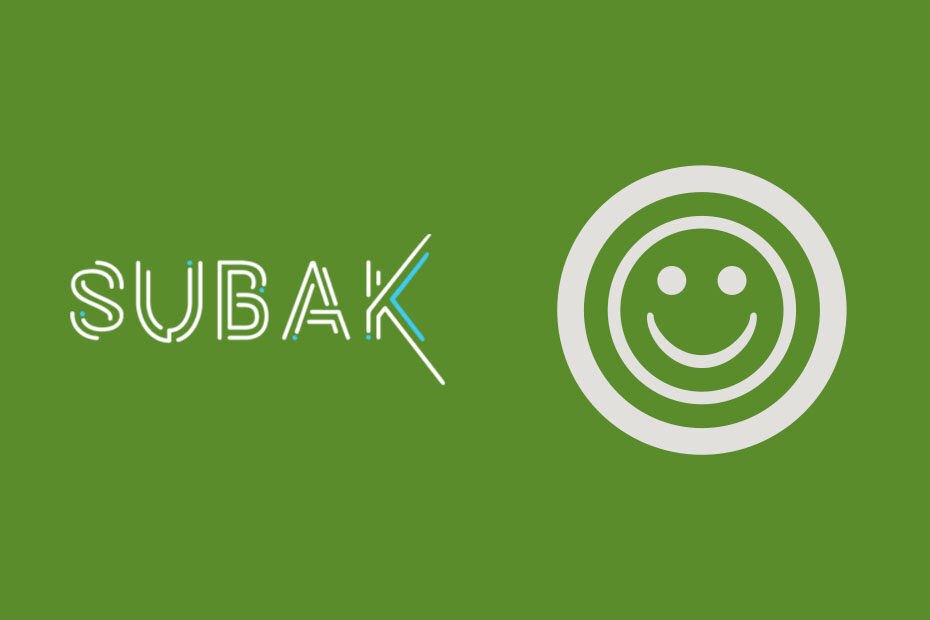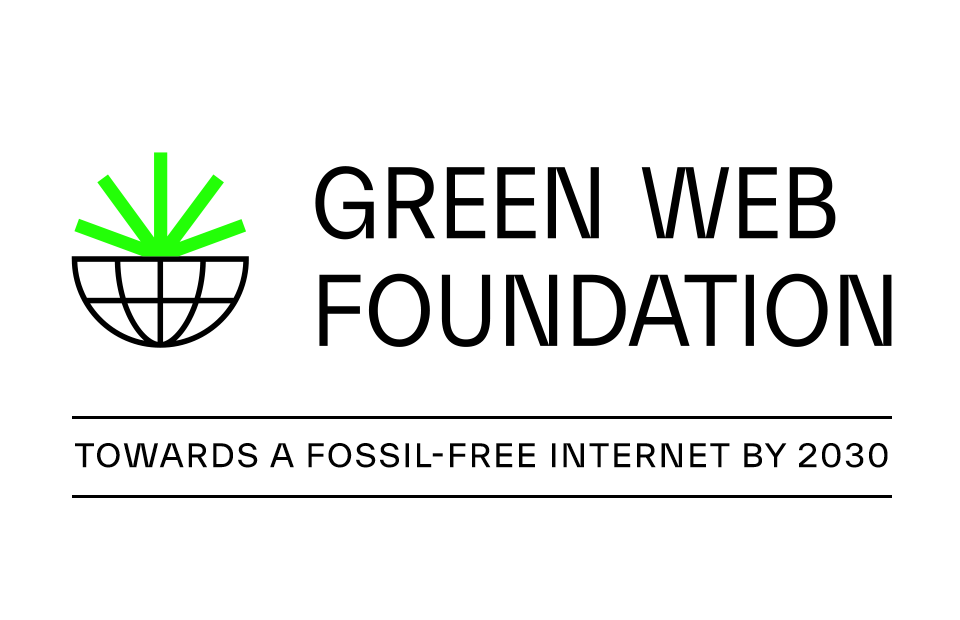In 2021, we applied to join the Subak accelerator – a programme for not-for-profits using open data and technology to tackle climate change. We were accepted on the programme which kicked off in Feb 2022. In this post, we share why we felt our goals aligned so well with Subak’s and what we’d say to other folks considering applying in future.
Why we joined – accelerating our work for a fossil free internet by 2030
The Green Web Foundation has existed since 2007. Since then we’ve been maintaining a directory of green providers, as well as making a green checking service for any website online that anyone can use in a browser directly or through third party tools that consume our API.
In 2018, we began a reboot and started using ‘open’ as a lever for change – publishing open data, open source code, and openly licensed publications like Branch magazine, and our reports for policy makers, like the recent Fog Of Enactment in Digital Sustainability. We’re a small organisation with a big dream.
We recognised that partnering up with other like minded groups will help us get to a fossil-free internet faster. To a small nonprofit like us using open data, open culture or open source, Subak’s accelerator programme is very attractive. We get financial support, we’ve joined a cohort of ‘fellow traveller’ non-profits, and we’ve gained access to a network of expertise that would otherwise be really hard to amass all by yourself.
What it’s been like
The programme kicked off with a three-day in person event in London where we received fantastic in-person training sessions (the first time we were in a room with so many people since the pandemic started), connecting with our fellow cohort members and learning from then as well as receiving coaching sessions. Here’s an overview of what happened at those kick-off days.
The funding has helped us hire people to work on developing a new theory of change, and also develop our own green domains dataset and platform.
But that’s not the only upside – being part of a cohort of other not-for-profit organisations working with open data too has been transformative. Since getting to know Ember, we’ve been able to start using the datasets they publish as open data, like carbon intensity figures for electricity and work them into our own open source projects, like co2.js.
This allows the data to be used in all kinds of platforms – like Website Carbon, and Ecograder, and Ecoping, but also by teams working on huge sites like Wikipedia to optimise the environmental impact their services.
This is the first of many happy collaborations we think we’ll make on this programme, but given we’re only in the second month, it seemed pretty good going!
Advice for others thinking of applying
Right now, there is an incredible amount of funding going towards Climate Tech, and it’s never been easier to find a job working on what many see as the defining challenge of the next 10 years at least.
At the same time, the climate crisis is a crisis of democracy and power as much as it is about energy and EVs – you need policy change as well as individual change. Non-profits have a vital role to play here.
If you work in a not-for-profit and are looking for ways to multiply your impact, we’ve found Subak great so far. If you’re not in a non-profit but have a climate related project that used open data, it’s worth checking out their fellowship programme too, and it closes this week.
Follow us on our journey
We’ll be posting updates as we work through this programme, and you can stay up to date by following our RSS web feed, subscribing to our newsletter, or following us on twitter.



